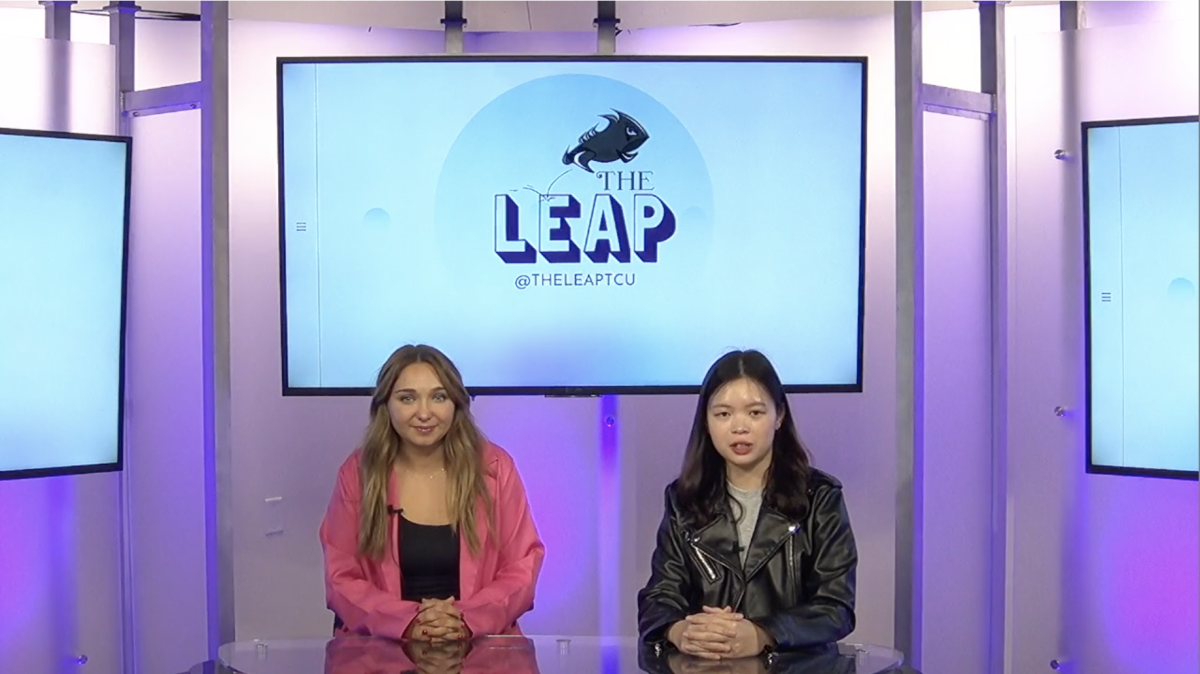“Gunmen posted at strategic points terrorized the population, targeting and killing small children, women and other unarmed civilians.” That is the atmosphere currently unfolding in Syria, according to a United Nations Human Rights Council report distributed on Feb 22.
In Syria, there are tanks firing on domestic neighborhoods. Journalists have been killed and prohibited from reporting anything related to the army unless the army issues a press release. Women are birthing in the streets because they feel it is safer than going to a hospital, where government interrogators are torturing patients.
The United Nations reports that over 5,400 Syrians have been killed in this conflict over the past year, and that number will only go up as long as the free world does nothing. The Assad regime has perpetrated crimes against humanity, which is a crime against your humanity and my humanity as much as it is a crime against the humanity of those being killed.
Whether or not you can sleep well at night, the leader of a Middle Eastern country is deploying tanks to roll right over human rights. Western civilizations should be up in arms at Assad’s oppressive human rights violations, but we aren’t.
President Obama has already ruled out military intervention in Syria and is pressing the United Nations to enforce sanctions against that country in an effort to motivate a peace agreement.
There are a few problems with that plan, however. Republican Senator Lindsey Graham issued a statement saying the United States should keep all options on the table, including military intervention.
While I would dread admitting that I am on the same side as Lindsey Graham, he may very well have a point. When debating the efficacy of sanctions, one must remember our country’s foreign policy in Iraq during the 1990s.
During that time, rather than stop Saddam Hussein’s genocidal dictatorship with military intervention, the United States sanctioned his country to prohibit him from becoming a wealthy, genocidal dictator.
Those sanctions certainly did their job and Hussein was never able to amass a great deal of wealth for his country. However, as an unintended consequence, the people under his dictatorial rule became even more dependent on him for their survival.
As we saw in Iraq, sanctions often hurt the people who are being killed as much as sanctions hurt the people doing the killing.
There is also the problem that Russia and China vetoed a U.N. resolution to call for Assad to step down as Syria’s ruler, which Secretary of State Hilary Clinton called a “travesty.”
While China’s motives for vetoing the resolution are less clear, Russia is one of Syria’s biggest suppliers of weapons. It is no surprise that they are on the side of a dictator who is using Russian weapons to kill his own people.
If slaughter in Syria is to be prevented, Assad’s wealthy Alawi backing must be financially crippled. Without serious financial threat, Assad’s minority backers will have no motivation to give up power and, thus, stop the violence.
The United Nations could achieve this goal by adopting France’s proposition to freeze the assets of the Central Bank of Syria. Such a freeze would cripple the wealthy Alawis more than import sanctions, which would also hurt the people being shot in the streets.
The crisis in Syria has many resemblances to the Russian invasion of Afghanistan in 1980, and it will have a similar affect on Middle Eastern and international politics for many years to come. What cannot be negotiable, however, is the United Nation’s stance on crimes against humanity.
The Obama administration should not eliminate military intervention as an available means to end dictatorial oppression in the Middle East.
In Syria, as in Afghanistan and regardless of the outcome, the free world must not waver in our commitment to the values and principles that all men are equal and have a right to be free.
Whether we fight with sanctions or Abrams tanks, the principle of freedom for all people must be sacrosanct to the petty pursuit of fruitful relations with countries that would have us stand by and watch as unarmed civilians are killed in the streets of Syria.
David Shaver is a sophomore journalism major from Canyon.






